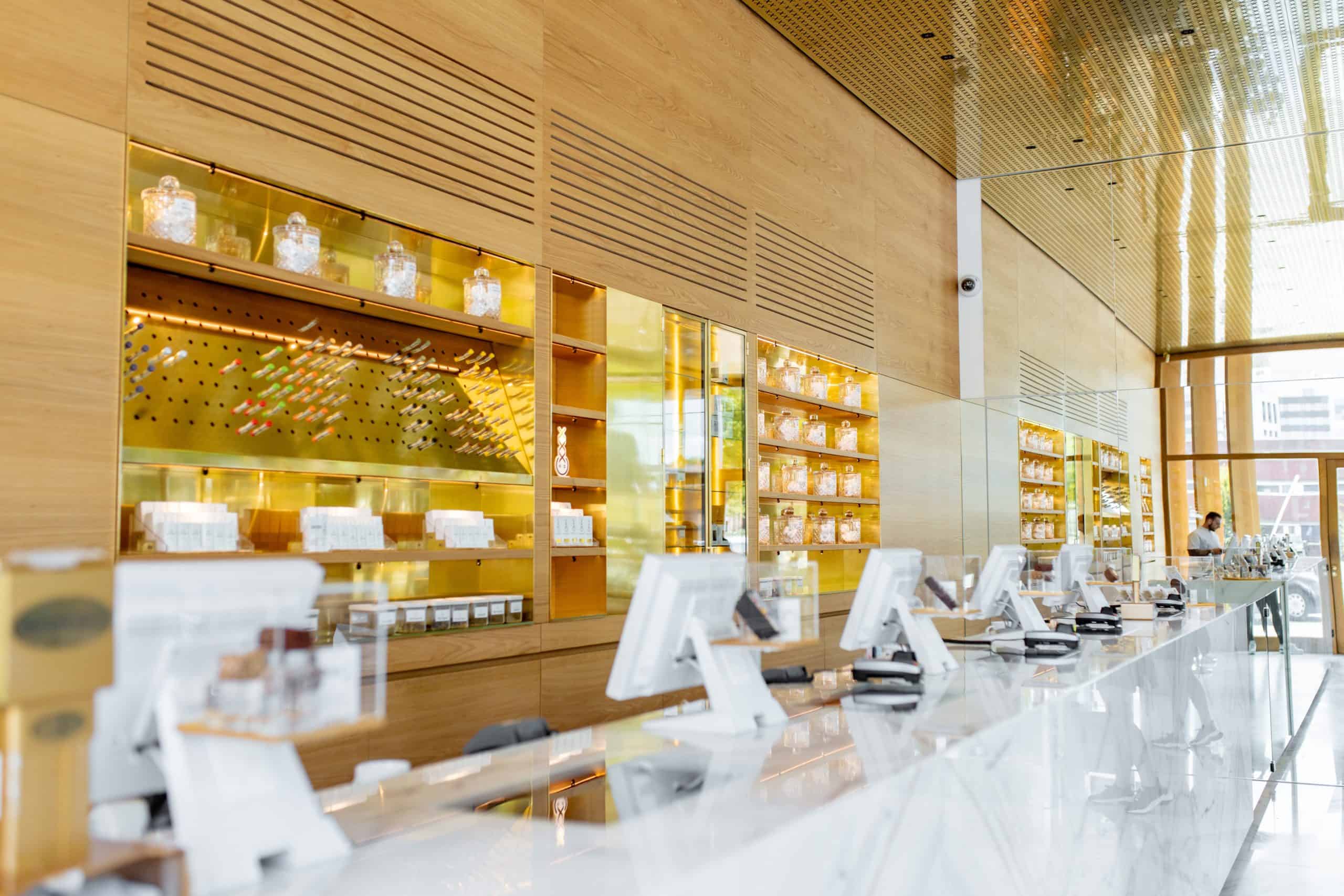In the simplest terms, a high risk merchant is one that’s more prone to chargebacks, fraud, or other issues that could put a payment processor at risk. The definition has little to do with whether or not you, as a merchant, have an actual history of fraud or other problems.
Instead, payment processors automatically categorize certain merchants as high risk on the basis of things like what industry you’re in, the types of payments you accept, and how long your business has been operating. Here’s an overview of what payment processors consider high risk merchants and what your options are if you fit the criteria.
What Is a High Risk Merchant?
There is no standard or universal definition of a high risk merchant. Each payment processor and bank have their own set of criteria that they use to decide how risky a particular merchant might be. With that in mind, there are certain industries and risk factors that are frequently found in many different service providers’ definitions.
Industries That Are Most Commonly Designated as High Risk
Some of the industries that are widely considered high risk by payment processors include:
-
- Web design
-
- Accounting or tax preparation
-
- Age-restricted products, including vape or e-cigarettes and firearms or tasers
-
- Adult entertainment
-
- Travel or vacation services
-
- Automotive parts or accessories
-
- Tech support
-
- Bail bonds
-
- Software, including software as a service
-
- Gambling and sports betting
-
- Cannabis and other highly regulated industries
-
- Dropshipping
-
- Furniture
-
- Electronics
-
- Financial services, including credit repair or debt consolidation
-
- Pawn shops
-
- Nutraceuticals and supplements
-
- Self-storage facilities
-
- Diet and weight loss programs
- Precious metals and coins
This list is far from exhaustive and, as you can see, some industries that are completely legal can still be considered high risk. So, even if you don’t think you’re in a high risk industry, a payment processor might decide otherwise. This makes it extremely important to look up the exact criteria used by any processor you’re considering opening an account with.
Other Factors That Could Get a Merchant Labeled as High Risk
Beyond industry, payment processors also deem certain behavior and characteristics of the business itself as high risk factors. That includes things like the following:
-
- Taking subscription-style payments
-
- International sales
-
- Long fulfillment time frames
-
- High sales volumes
-
- High average transaction sizes
-
- Bad credit or not enough credit history
-
- New businesses
-
- Merchants with little or no previous business experience
-
- A history of frequent chargebacks
-
- Taking a lot of card-not-present transactions (common among eCommerce businesses)
-
- A history of fraud or illegal activity
While some of these might seem obvious, others might seem surprising. Again, this is why it’s so important to check a processor’s criteria before applying.
This is especially important with third-party payment processors like Square, Stripe, or PayPal. While the signup process might seem quick and easy, these processors are notorious for locking or shutting down merchant accounts with little or no notice. That’s because they do minimal due diligence during the application process and, instead, flag “high risk” merchants after the fact based on your transactions.
While the quick sign-up process is tempting, the risk that your account will be locked or closed without notice can disrupt your business. So, if there’s any chance you could get flagged as high risk, it’s better to find a payment processor that specifically offers high risk merchant accounts.
What Makes a High Risk Payment Processor Different?
While some payment processors simply refuse to work with high risk merchants, others will still offer payment services, albeit with a little more oversight, stricter requirements, and higher fees. These specialized high risk merchant accounts often come with one or more of the following:
-
- A lengthier application process with more extensive documentation required
-
- Higher processing fees
-
- Higher chargeback fees
-
- Cash reserve requirements, either in the form of an upfront deposit that’s held in a reserve indefinitely or a rolling reserve where a percentage of each transaction is held for a predetermined length of time before being available for withdrawal
-
- Caps on monthly transaction volume
-
- Other business-specific requirements, like requiring the use of age verification methods if you sell age-restricted products
However, stricter requirements aren’t the only things that set a high risk merchant account apart. At National Processing, for example, the high risk merchant account also comes with unique perks to help you manage risk and run your business smoothly. Some of those perks include:
-
- Support in finding a bank willing to provide an account for you. National Processing works with multiple financial institutions, including some with more risk tolerance, so they can help you find the right fit.
-
- Fraud tools, chargeback management integrations, and other cutting-edge tools to help you minimize the risk of fraud, chargebacks, and other issues.
-
- No unpredictable merchant account holds. While the lengthier review process before approval might seem tedious at first, that extra due diligence saves you the stress of unpredictable fund holds down the road. National Processing gets to know your business well enough that they know the difference between ordinary and suspicious behavior. Even when a transaction does seem suspicious, they work with you to sort out the issue instead of automatically locking the account.
-
- Customizable and flexible services. The specific risk factors that make your business high risk will determine exactly what kind of merchant account and services you need. For a new business with no credit or bad credit, for example, National Processing submits the application through banks that don’t automatically deny applications on the basis of credit.
How to Get Approved for a High Risk Merchant Account
Being a high risk merchant can make it harder to get approved for a merchant account but it’s not impossible. After you’ve found a payment processor that offers high risk merchant accounts, you can increase your odds of approval by taking the following steps:
-
- Address Potential High Risk Factors in Your Application. If you have high average transaction sizes, for example, explain this in your cover letter. Provide as much context and information as possible to help the processor understand any possible risk factors.
-
- Highlight your strengths. If your business is new, detail any previous business experience you have or mention your more experienced business partner. If you’re in a heavily regulated industry, describe your compliance process.
-
- Improve any risk factors you do have control over. You can’t control whether a process sees your industry as high risk or how new your business is, but there are still steps you can take to address some risk factors. For example, build business credit to improve your credit score, implement a robust fraud protection process that you can describe in your cover letter, and take steps to reduce the number of chargebacks you deal with.





